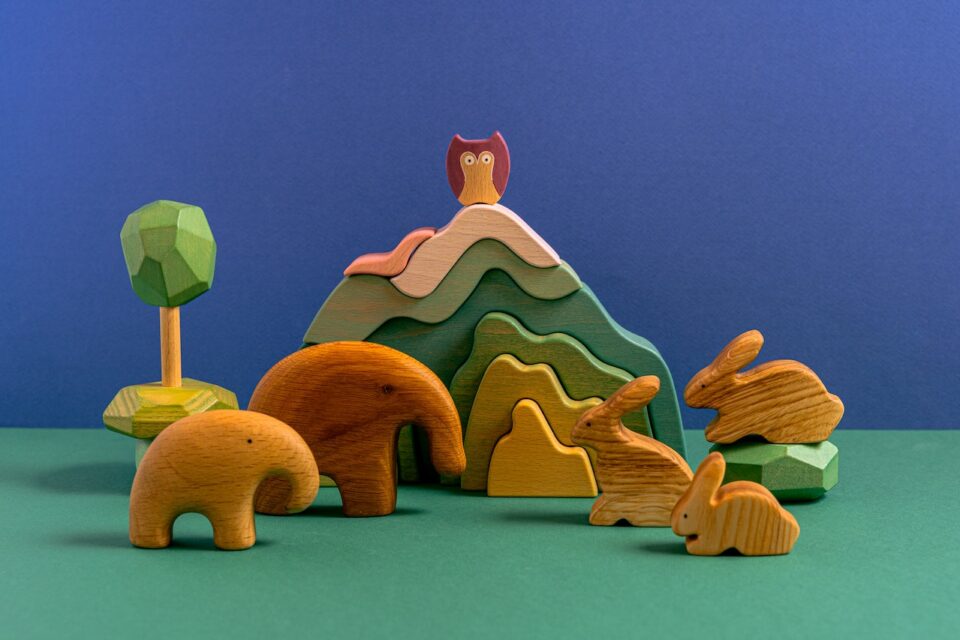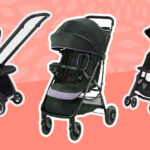Toys are one of the most important things a child can have. Not only do they provide entertainment, but they can also help a child learn and develop their cognitive skills. In this article, we will explore some of the ways toys can help a child’s intellectual development and why they are so important.
A child’s intellectual development is heavily reliant on their toys. Toys provide an outlet for their creativity, and help develop problem-solving skills. Additionally, they can stimulate the brain in other ways, such as increasing vocabulary and improving spatial awareness. Toys are also important for socialization – helping children learn to share and cooperate.
Why are Toys Important for Child’s Intellectual Development?
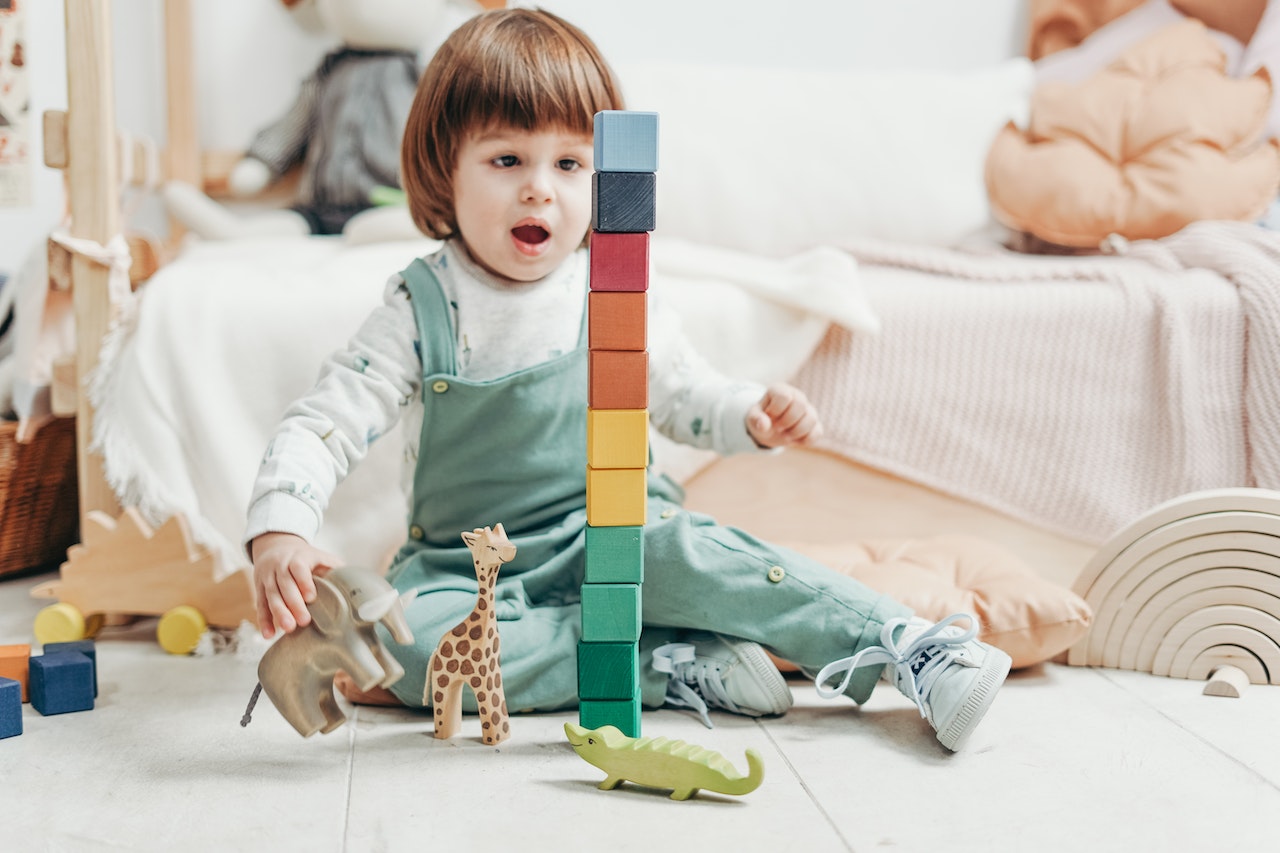
Toys are an important part of a child’s intellectual development. They help to stimulate their imagination and creativity, and help them learn about different concepts and ideas. Toys can also help children to develop problem-solving skills, as they must figure out how to play with them.
Some of the most common toys that are used to help children learn and develop their intellectual skills include dolls, cars, puzzles, and games. Toys can be a great way for children to explore their interests and expand their knowledge.
It is important for parents to provide their children with a variety of toys, so that they can find something that interests them and helps them learn. Toys can be a great way for children to develop their motor skills, as well as their cognitive abilities.
It is also important for parents to be aware of the toys that their children are playing with and to make sure that they are age-appropriate. Some toys that are appropriate for a younger child may not be appropriate for an older child, and vice versa. Early childhood development toys should be chosen with care, so that they will have the most positive impact on a child’s intellectual development.
Types of Toys that are Good for Children’s Intellectual Development
Some toys that are good for children’s intellectual development include board games, puzzles, and dolls. These toys can help children learn vocabulary, think critically, and develop problem-solving skills.
– Some board games that are good for children’s intellectual development include Monopoly, Clue, and Risk. These games can help children learn to think strategically and outmaneuver their opponents.
– Puzzles can also be good for children’s intellectual development. Some puzzles that are popular for this purpose include jigsaw puzzles, Rubik’s Cubes, and 3-D puzzles. These puzzles can help children learn spatial awareness, problem-solving skills, and patience.
– Dolls are also good for children’s intellectual development. Some dolls that are popular for this purpose include the Barbie Dolls. These dolls can help children learn to communicate and socialize with others, as well as develop creativity and imagination.
General Guidelines for Toy Shopping
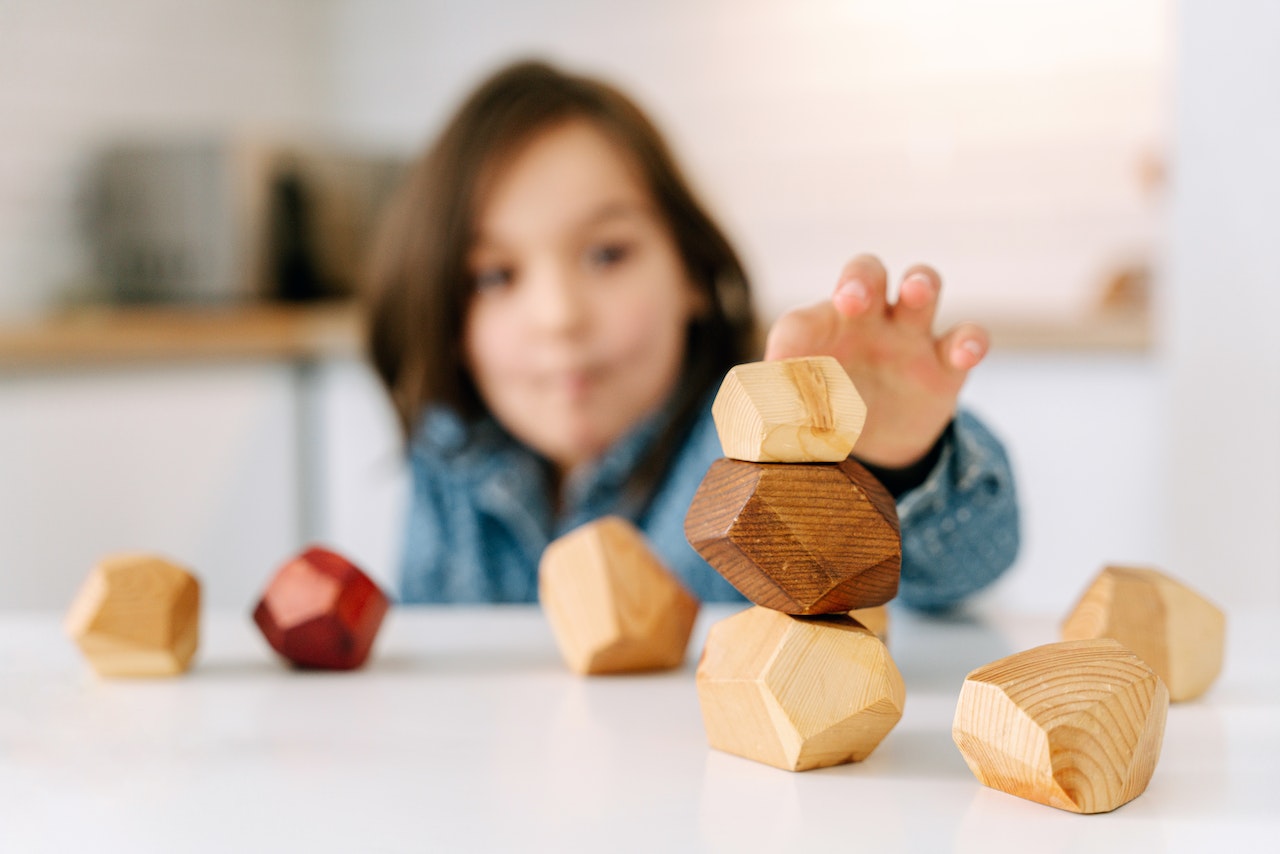
Toys are important for a child’s intellectual development because they help children learn about different concepts and skills. Toys can also be a fun way for children to spend time together.
When shopping for toys, follow these guidelines:
- Choose toys that are age-appropriate. Toys that are too old or too young can be frustrating for children.
- Be aware of the health risks associated with some toys. Toy safety is a top priority and it is important to read the labels before buying a toy.
- Avoid buying toys that are too expensive or that your child will outgrow quickly. A toy that is affordable and will last longer is better than a toy that your child will outgrow soon.
- Do not buy toys that your child cannot return or exchange if they do not like them. Toys should be something your child wants, not something you have to force them to take home.
Toys play an Important Role in Cognitive Development for Children
Playing with toys helps children learn how to think abstractly, plan for future activities, and develop social skills. Toys also help children learn how to problem solve.
If your child is not enjoying playing with his or her toys, it may be time to get them new ones.You can try with wooden climbing frames available at WickenToys.
Toys Can Help With Motor Skills, Socialization, and Language Development
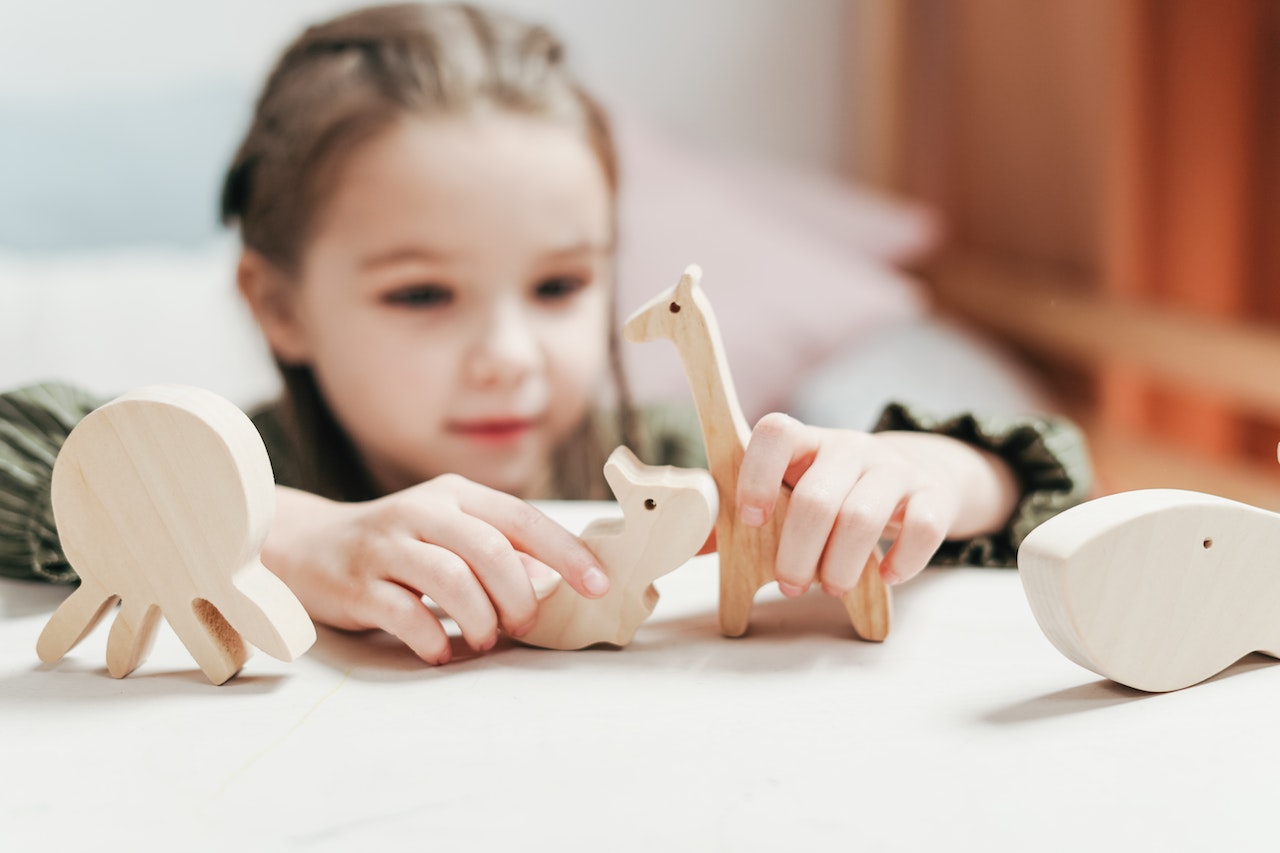
Toys are an important part of a child’s intellectual development. They can help with motor skills by teaching them how to interact with their environment, and socialization by helping them learn how to behave in different situations. Toys can also help with language development by providing opportunities for children to practice their language skills.
Toys Can Also Help With Problem-Solving, Creativity, and Spatial Awareness
According to a study from the University of Illinois, children who played with toys that helped them learn new things (like puzzles and games) were more likely to be successful in school than those who played with toys that did not help with learning. This is because playing with these kinds of toys helps children develop problem-solving skills, which are essential for academic success. Toys also help children learn how to be creative and think outside the box.
Conclusion
Toys are important for a child’s intellectual development for a few reasons.
– First, toys stimulate the brain and help with mental stimulation.
– Second, children learn best through play, and playing with toys helps to develop motor skills and other cognitive abilities.
– Finally, playing with toys can provide children with social interaction, which is crucial for their emotional development as well. So if you’re looking for ways to improve your child’s intellectual development, adding more variety and fun in their daily routine by providing them with quality toys is a great place to start!

